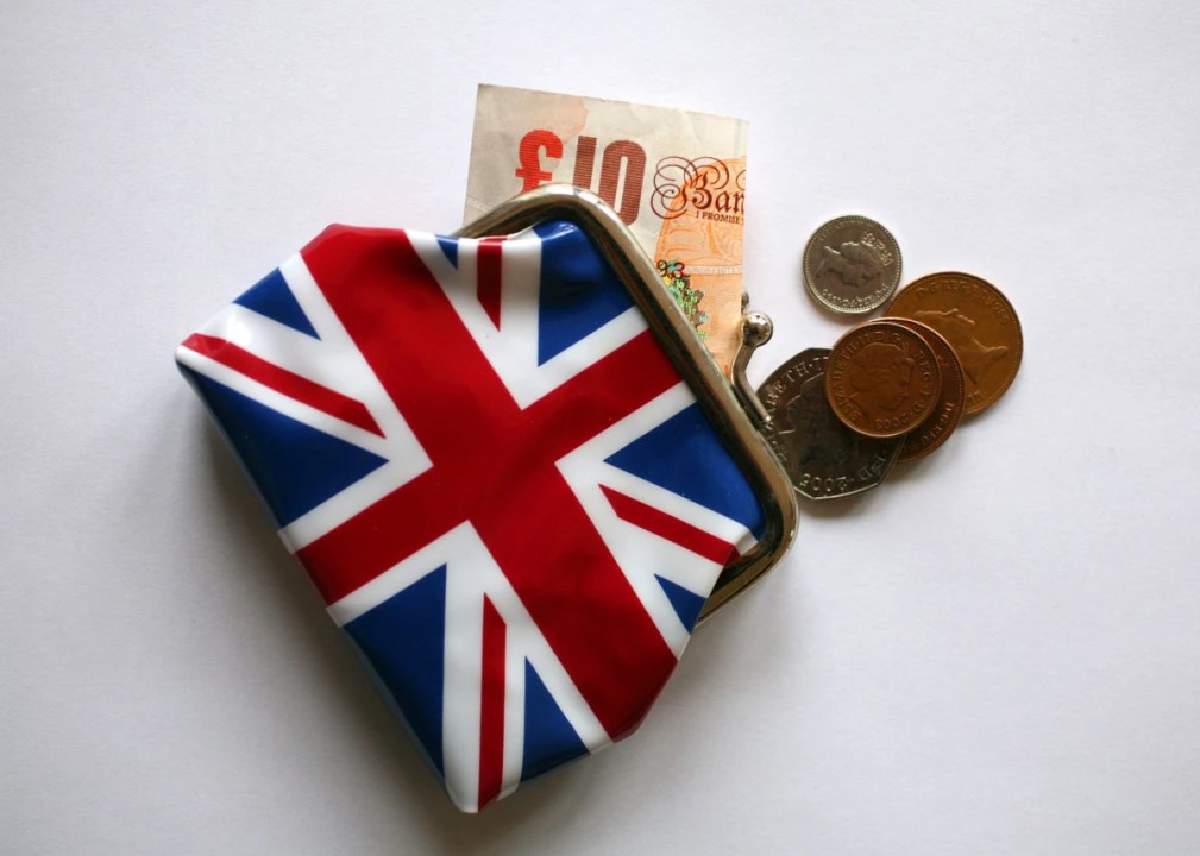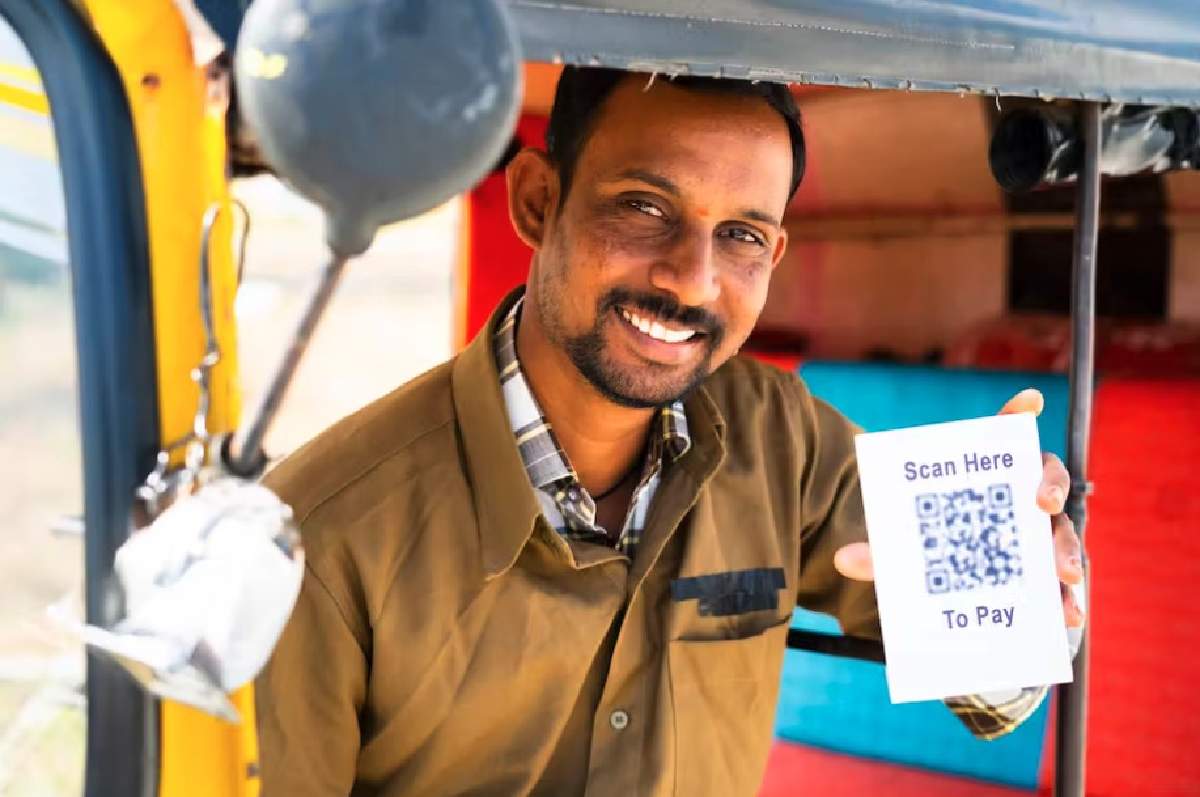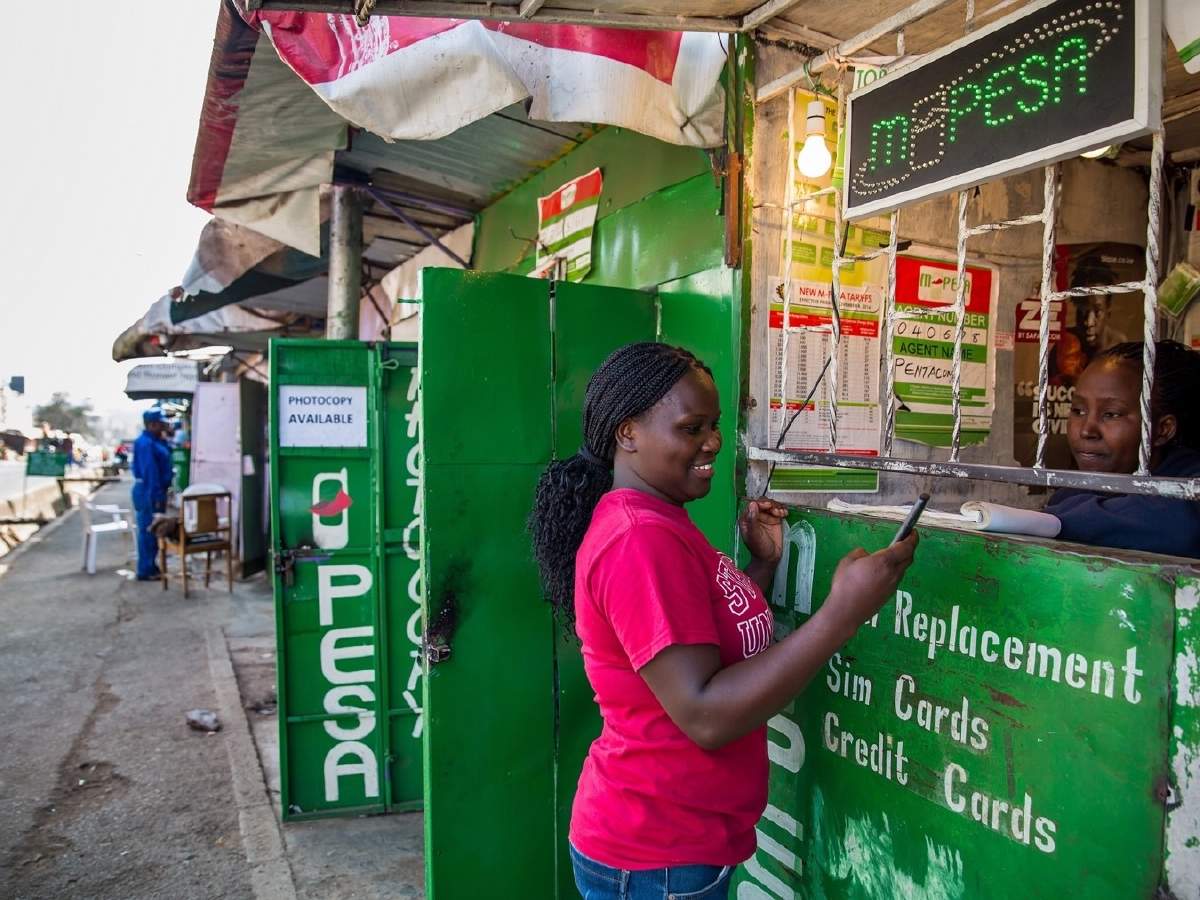Dear colleague shares this article which deals with the increasingly declining cash management in our societies and the impact on their economies. The article was written by Thankom Arun, published on June 8, 2023 in The Conversation magazine and we have translated it for this space. Let’s see what this is about…
Cashless societies, where transactions are almost entirely digital, are gaining traction in many parts of the world, particularly after demand for online banking boomed during the pandemic era.

Improvements to digital payments infrastructure, such as mobile payments, digital currencies, and online banking, are making it more convenient for individuals and businesses to buy and sell things without using cash. Even the Bank of England is looking into how the digital pound might work, showing the potential for a major shift from physical cash to digital payments in the UK.
Fintech companies (a sector made up of companies that use technology to improve or automate financial services and processes) have accelerated the transition to cashless payments with innovations that include mobile payment apps, digital wallets, cryptocurrencies, and online banking. The COVID pandemic was also a turning point that created an unprecedented appetite for digital transactions. Fintech companies have emerged as a lifeline to many during the lockdowns, particularly vulnerable populations who needed emergency lines of credit and ways to make and receive payments.
By 2021, nearly 71% of adults in developing countries will have a bank account. But that leaves nearly 30% of the population needing access to basic financial products and services. Fintechs can offer affordable and accessible financial services and products. This helps drive financial inclusion, particularly for the “underbanked,” meaning those without a bank account.

In the UK, around 1.3 million people, roughly 4% of the population, do not have bank accounts. Government and financial institutions have worked together to promote the adoption of digital payments, and the UK’s Payment Request service allows individuals and businesses to request and make payments using digital channels such as Apple Pay and Google Pay.

But other countries are moving faster towards a cashless society. In Sweden, only about 10% of all payments were made in cash in 2020. This move towards cashless payments in the country has been facilitated by mobile payment solutions such as Swish, which people can use to send and receive money via mobile phone.
Promote financial inclusion

India went further. In less than a decade, the country has become a leader in digital finance. It has also made significant progress in promoting digital financial inclusion, notably through the government’s flagship programme, Pradhan Mantri Jan Dhan Yojana (PMJDY).

Indian banks are also involved in mobile payment solutions such as Unified Payments Interface (UPI), which can link multiple accounts through a single app. India’s digital infrastructure, known as the India Stack, aims to expand financial inclusion by encouraging companies to develop fintech solutions.

Many developing economies are using digitization to advance financial inclusion in this way. Kenya introduced the M-Pesa mobile money service in 2007. While microfinance institutions providing small loans to low-income people and small businesses were first introduced in Bangladesh in the 1970s through the Grameen Bank project.
Digital loans have also grown in India in recent years. Its financial firms use algorithms and data analytics to assess creditworthiness and provide loans quickly and at a lower cost than traditional banks.

These innovative platforms have helped bridge the gap between the formal financial system and underserved populations, with or without income, by providing rapid access to financial services. By removing barriers such as high transaction costs, lack of physical branches, and some credit history requirements, fintech companies can reach a broader range of customers and provide financial services tailored to their needs.
The technology behind these systems is what helps fintech companies connect with their customers. The increasing use of digital payment methods is generating a wealth of data to gain insights into consumer behavior, spending patterns, and other relevant information that can be used to further support a cashless society.
Help for the unbanked in the UK

Countries like the UK can also promote digital financial inclusion to help the unbanked. But this will require a combination of government support, innovation and widespread adoption of mobile payment solutions.
There are some important challenges that need to be overcome in order to create a genuine and true cashless economy. For example, a cashless system could exclude people who do not have access to digital payment methods, such as the elderly or low-income residents. According to a recent survey by Age UK, 75% of those over 65 with a bank account said they wanted to do at least one banking task in person at a bank branch, community building or post office.
Providing more cashless options may also increase the risks of cybercrime and digital fraud such as phishing scams and data breaches, especially among the financially literate.

Fintech has a dark side: algorithmic biases and predatory lending practices negatively affect vulnerable groups and minorities, as well as women. Even major financial companies like Equifax, Visa, and Mastercard can be hacked through data breaches, leading to valid data security concerns for many people.
Cross-border transfers of personal data by fintech firms are also of concern to regulators, but internationally recognized data protection standards are still lacking. This needs to be addressed as the trend towards cashless societies continues.
Construction handrail
The regulations affect how fintech companies provide financial services, but they ensure that they operate within the law. However, as fintech companies generally aim to disrupt markets, this can create a complex relationship with regulators.
Collaboration between regulators and FinTechs will increase understanding of these innovative business models and help shape future regulatory frameworks. Countries like India have shown the way in this regard. Run by the UK’s Financial Conduct Authority, the Innovation Center is a good start. It supports releases of products and services and provides access to synthetic datasets for testing and development.

Fintech can help make finance more inclusive. But it needs policies and regulations that support innovation, promote competition, ensure financial stability, and most importantly, help protect citizens from these new cashless societies.
